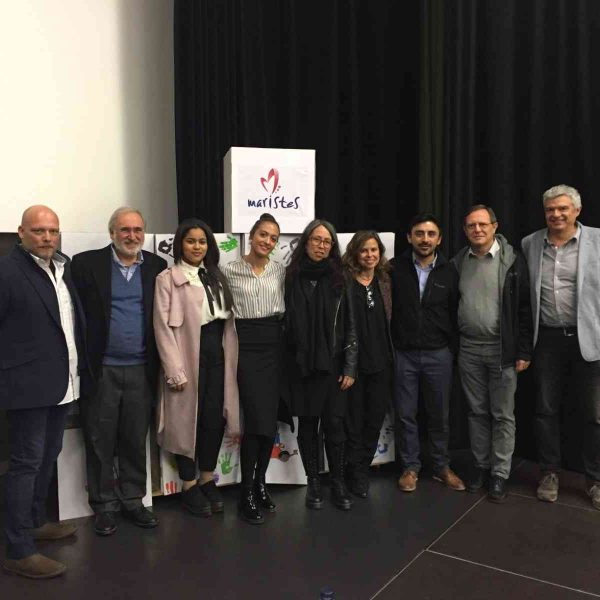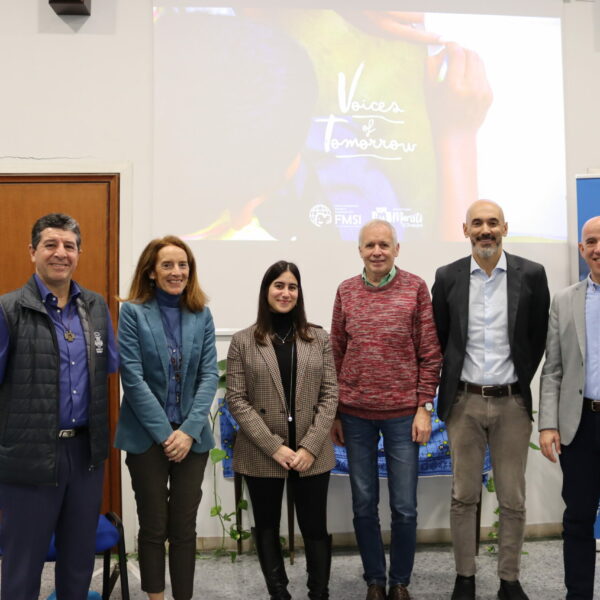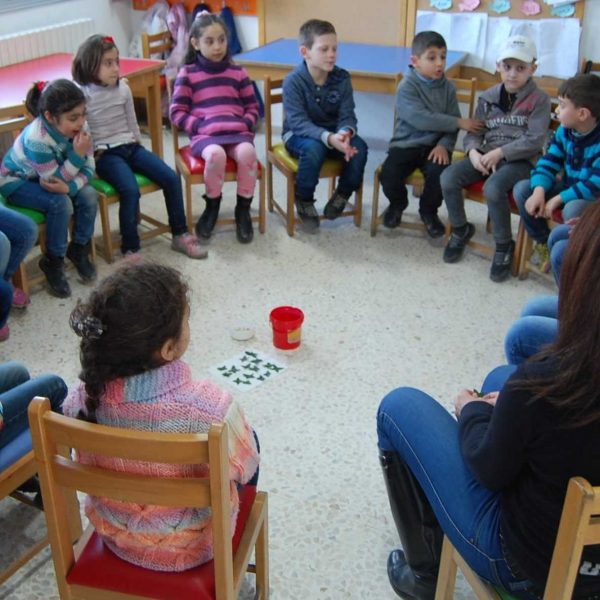Land grabbing is now the term attributed by the critical press to transactional land acquisitions, land investments undertaken by Western countries in order to reduce the risk of food insecurity and to meet the demand for alternative energy and other needs that only developing countries seem to be able to meet with their natural resources. However, this grand solution promoted by many global powers turns out to have a downside that is increasingly difficult to hide; the idea of exploiting “empty lands” and underutilized lands in an efficient manner is revealed to be merely a land rush in which the continuation of classic North-South dynamics is reconfirmed.
To date among the top investor countries, we find without much surprise the United States, Great Britain, the Netherlands; along with China and India, seeking resources in the most vulnerable countries of Africa of Latin America and Asia. Eastern Europe has recently been considered attractive prey in this business and many stakeholders have turned their eyes to Romania, which turns out to be some of the richest land in Europe as well as the site of extensive land speculation.
In recent decades Oxfam America reports that more than 81 thousand hectares of land, a space the size of the state of Portugal, have been occupied, and that since the 2008 financial crisis the phenomenon has grown by 1000%. The international organization says that this practice in addition to damaging the place itself has irreparable repercussions on local populations. The loss of arable fields on which indigenous farmers are dependent results in extreme poverty, food insecurity, loss of identity and tradition.
Coming up short are a long list of civil and political rights that appear difficult to claim because of the few clear decrees regulating area purchases or leases. Transparency of contracts appears to be to date still one of the biggest problems in the matter forcing indigenous communities to abandon their spaces without any kind of notice leaving them deprived of any dignity and possibilities. Transparency is also absent with respect to the resources actually exploited; in fact, land grabbing should only concern arable land, which instead is only one part of a whole involving forests, water and mineral resources.
Agenda 2030 and the SDGs have not been sufficient to develop an ethical consciousness in the economic and productive sector, the goals of equality, peace, and poverty alleviation are not only ignored but also disregarded. People, prosperity, peace, partnership and planet, the five founding pillars of the Agenda, have been totally bypassed by land grabbing.
A very recent solution to the problem identified was the Free Prior Information Consent (FPIC), a document supported by companies and organizations as a tool for including local communities in territorial development processes. However, according to the FAO, the cracks in this initiative are significant. Unfortunately, the FPIC does not offer any kind of protection or guarantee of concrete rights to families, who are informed, but are left with no tools to appeal to in order to oppose land grabbing. The Consensus then rediscovers itself as yet another political card to be exploited to stem protests and movements without being in any way useful to societies by becoming a channel for the continuation of injustice and discrimination.
An important role with respect to this issue has been played by the World Bank, which instead of being complicit and supportive of the peoples has unthinkingly promoted investment in arable land. Peasant Organizations from Asia, Africa, the Americas and Europe have held the World Bank and the International Monetary Fund (IMF) responsible for independently providing large-scale land grabbing by increasing global inequality. The neoliberalism so much promoted by the two institutions par excellence and the pushes for land privatization were, according to peasant organizations, the causes of the rising cost of living for all communities. Since the 1980s, the two international bodies, together with the WTO (Common Market Organization), have forced Southern states to decrease investment in food production and reduce support for peasants and small farmers. This is because over time food reserves managed by states have reached prices that are no longer sustainable, forcing different governments to reduce and privatize them under structural adjustment schemes.
The Indonesian Farmers’ Union testifies that “The World Bank and the International Monetary Fund, in the name of the Structural Adjustment Program, have pushed for the financialization and privatization of natural resources in Indonesia. When people oppose these land grabs-which take place in the name of REDD+ or other similar programs-farmers are attacked, jailed and criminalized. The case of Ahmad Azhari, who was kept in prison for almost 9 months for defending farmers’ rights, is recent. All these institutions are here to help multinational corporations expand their business, rather than to lift people out of poverty” (Zainal Arifin Fuad, national peasant leader of Serikat Petani Indonesia -SPI).
Land grabbing we see then that it responds to a logic that is now increasingly diverging from that of sustainability despite the fact that sustainability is the only viable way to continue to inhabit a world on a human scale. Biodiversity and the finiteness of space should remain in front of our awareness and should help us learn to share the only planet we have.




